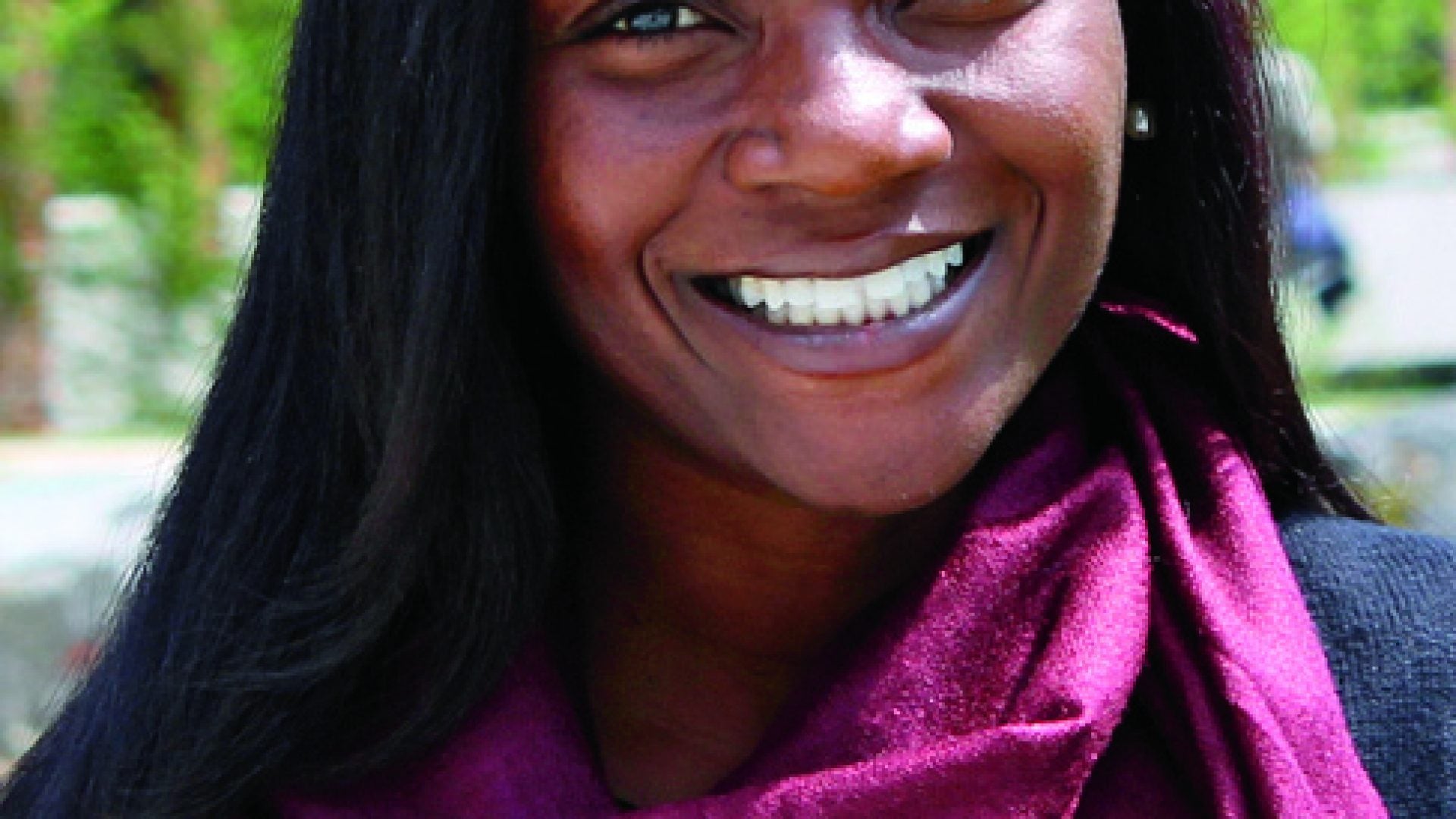
In 2020, our superheroes wore lab coats. The brilliance of Black women doctors and scientists has been at the forefront of the global race to develop the COVID-19 vaccine, and his- tory has been made.
“A few weeks ago, I got my first dose of the coronavirus vaccine,” Vice President Kamala Harris stated during a pre-Inauguration Day online briefing to announce the appointment of top science advisers in the Biden administration. “It was the Moderna vaccine, and it was developed with the National Institutes of Health by a team that was co-led by a 34-year-old Black woman named Dr. Kizzmekia Corbett.”
If the name sounds familiar, it should. With her team, Corbett, a viral immunologist and senior research fellow at the National Institute of Allergy and Infectious Diseases’ Vaccine Research Center (VRC), has been instrumental in developing one of the first two successful COVID vaccines, a triumphant accomplishment that was actually six years in the making.
Corbett and her colleagues were studying the fundamental mechanics of coronaviruses years before COVID-19 disrupted the world as we knew it. After researching the SARS and MERS outbreaks, Corbett and other veteran virologists at the VRC began to prepare for the next threat. When it arrived with a vengeance in late 2019, they were ready. Their research jump-started the record-setting journey to develop a successful vaccine and get it from the trial phase and into arms—making Corbett an essential figure in vaccine science. “To stand in the forefront of the vaccine development efforts, a vaccine that is 94-percent efficacious and has the ability to end this pandemic, and be the great equalizer as we think about health disparities, is really an honor for me,” Corbett says.
Growing up in Hillsborough, North Carolina, Corbett became a scientist at age 16. She hadn’t known that Black scientists existed until she met one during a high school summer intern- ship program. Now, she is working hard to save lives. “It is important to me to have made this history and particularly to stand in the forefront for people like myself, to really help every- one, not just in the U.S. but also the world, to see Black women in a different light—as innovators in technology and science,” Corbett shares. We see you, Dr. Corbett. And thank you.
